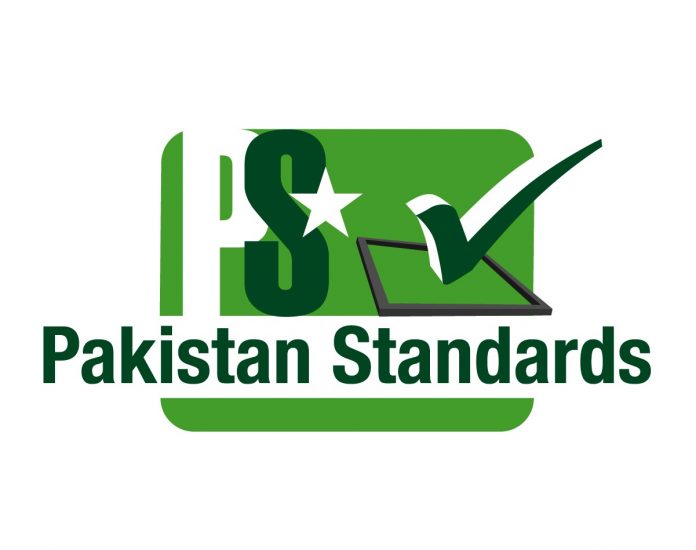ISLAMABAD: In an initiative to facilitate ease of doing business (EODB), Prime Minister Imran Khan has directed the Ministry of Science and Technology (MoST) to reduce the marking fee being imposed by Pakistan Standard and Quality Control Authority (PSQCA), an attached wing of the ministry, on food and non food items.
While the move may turn the self reliant authority into a financially dependent institution, the PM office wants to reduce the marking fee drastically which, according an official of PSQCA, would ultimately cut the revenue of the authority to around Rs300 million from the existing Rs1.2 billion.
In a letter sent to the ministry, the Prime Minister Office has informed that the proposals submitted by PSQCA regarding the revision of marking fee on flat rates was rejected. The PM Office, as per the letter, directed PSQCA to revise the proposal rationally considering the proposal of Board of Investment (BoI) for food sector i.e. Rs2 paisa per packet for small and medium enterprises (SMEs) and Rs5 paisa for large scale manufacturers (LSMs).
The PM Office claims that such reduction may not impact the revenue of PSQCA. However, sources in the authority claim that it would cause a major cut in revenue affecting overall functions of the authority.
The PM Office has also directed PSQCA to compare the CM license issuing time with regional countries to compare and revise the time to 28 days in addition to revising the proposal for food and non-food items along with the impact on revenue and furnish it to MoST immediately.
Sources at PSQCA claim that the 28 days of license issuing time is not workable as test reports of some items take more than this duration.
According to an official provy to the matter, a meeting of officials from PSQCA, BoI, Federal Board of Revenue (FBR) and others was held here on August 2, 2021 to decide about the revised marking fee; however, no breakthrough was made.
Officials claim that the PM Office has assured the PSQCA of making arrangements for meeting the shortage in revenue of the authority after the revision. However, making PSQCA another dependent and loss making organisation would further burden the government.
The authority is presently earning 100pc revenue whereas the employees’ salaries are protected under Section 37 and 38 of PSQCA Act-IV 1996.
It may mentioned here that PSQCA has been mandated to inspect and check the quality and standards of over 100 food and non-food items.
Last year, the ministry had tried to outsource the inspection of mandatory items despite a whole team and departments existing to do the same job within the ministry.
The ministry had prepared a draft proposal for outsourcing quality and standard inspections of over 160 items mandated to PSQCA. Under the plan, private laboratories and companies were to be issuing conformity certificates, licenses and marking items after required tests.
In case of outsourcing the mandate of PSQCA, various departments of the authority would be left redundant, leaving laboratories and machinery of the authority idle.
The move, however, failed as the proposed model was also not acceptable in the world as PSQCA has signed multiple MoUs and agreements with international standards bodies and organisations.




